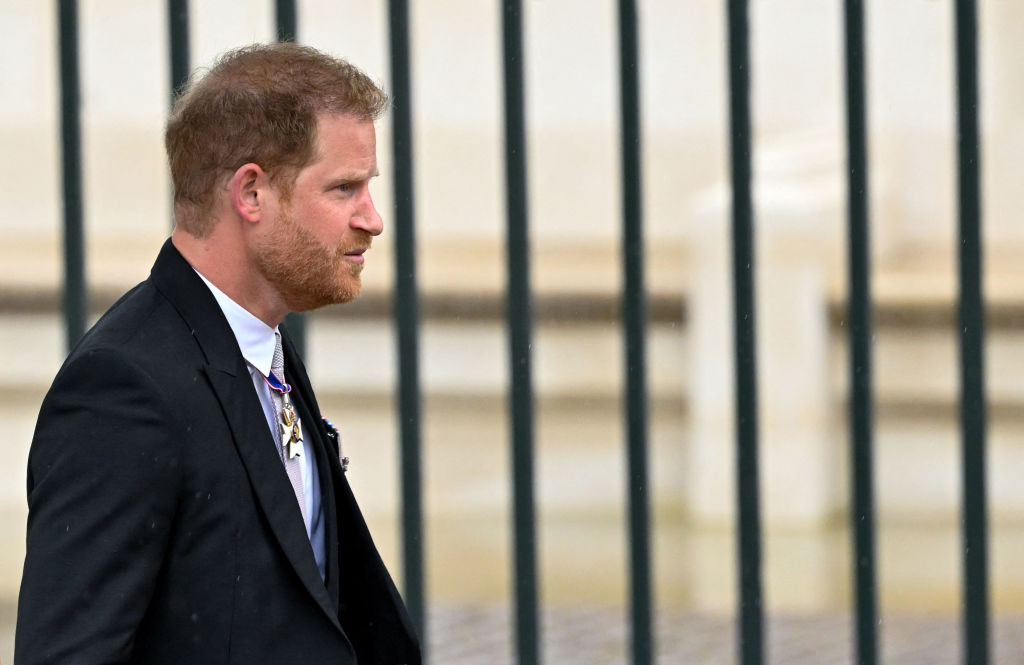The US immigration system is on trial this week, as the American conservative think tank, The Heritage Foundation, sues the federal government in an attempt to disclose Prince Harry’s immigration records. The petition filed under the Freedom of Information Act marks a significant precedent-setting case that brings into focus the issue of transparency in immigration procedures and the application of the law to high-profile figures.
Unsealing the Records: A Matter of Public Interest?
The core of the Heritage Foundation’s argument hinges on the alleged past drug use by the Duke of Sussex, revealed in his recently published memoir, “Spare.” According to US immigration law, a history of drug use can be a valid ground for visa application rejection. The lawsuit argues that if the government had followed its own procedure, the Duke’s visa application might have been denied, and therefore, the validity of the application process comes into question.
The Foundation filed its complaint on May 5, stating that the requested information is of “immense public interest.” The document notes that continuous media coverage has raised questions on whether the Department of Homeland Security (DHS) appropriately admitted Prince Harry, given his public admission to the essential elements of several drug offenses, both in the US and overseas.
However, the original request for the disclosure of Harry’s records was turned down by the US Justice Department. It stated that the Prince had not given consent for his information to be released. In addition, the Department argued that speculation regarding Harry’s visa status does not meet the standard necessary to expedite the document’s release.
The Heritage Foundation’s Stance
The Heritage Foundation is one of the most influential conservative think tanks in Washington. Nile Gardiner, director of the foundation’s Margaret Thatcher Center for Freedom, emphasized the public’s interest in disclosing Harry’s records. He tweeted on Thursday, expressing the need for clarity around whether DHS overlooked Prince Harry’s past admissions of drug use, or whether they failed to respond appropriately to any potential false statements made by the Prince.
Implications of the Case
The high-profile nature of this case draws attention to issues concerning the transparency and fairness of the US immigration system. If high-profile figures are perceived to be receiving special treatment, it could undermine public confidence in the system’s integrity.
Moreover, the outcome of this case may set a significant legal precedent for future cases involving the release of immigration records. This issue intertwines with broader discussions about privacy rights, especially for public figures, and the transparency of government actions and decisions.

While this case may seem to be about a single individual’s immigration records, its ramifications extend far beyond Prince Harry. The judgment will influence public perception of how equally and fairly immigration laws are applied and will contribute to the broader discourse on transparency and accountability in the US immigration system.
In the meantime, all eyes are on the US District Court for the District of Columbia, where the case will be heard on June 6. The Prince’s representatives have yet to comment. As the world waits for the unfolding of events, the case continues to stir discussions on immigration, public interest, and the elusive balance between privacy and transparency.
